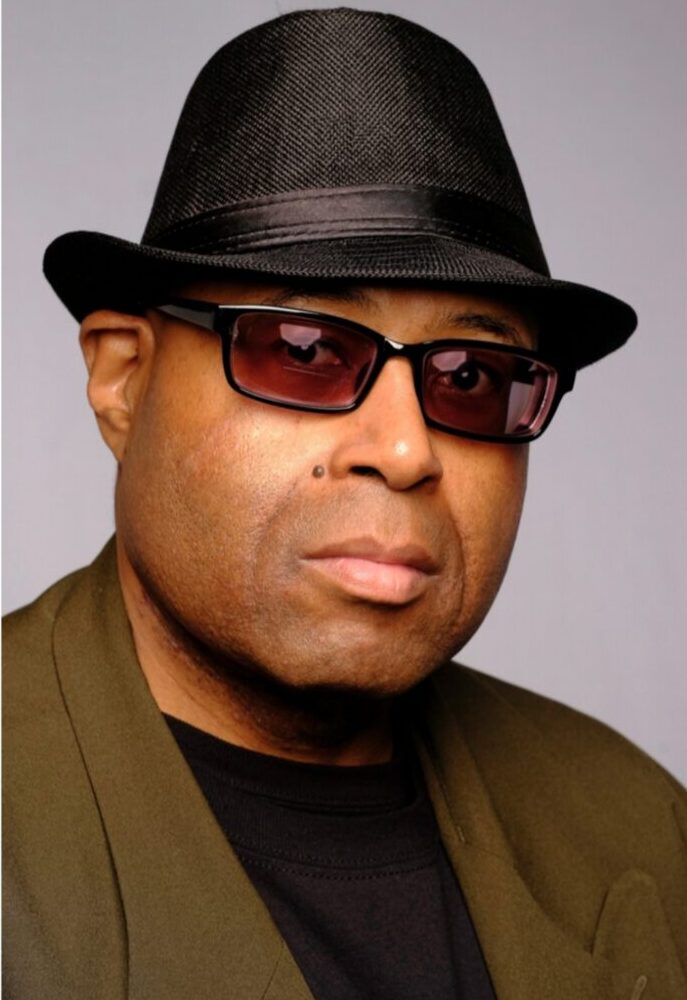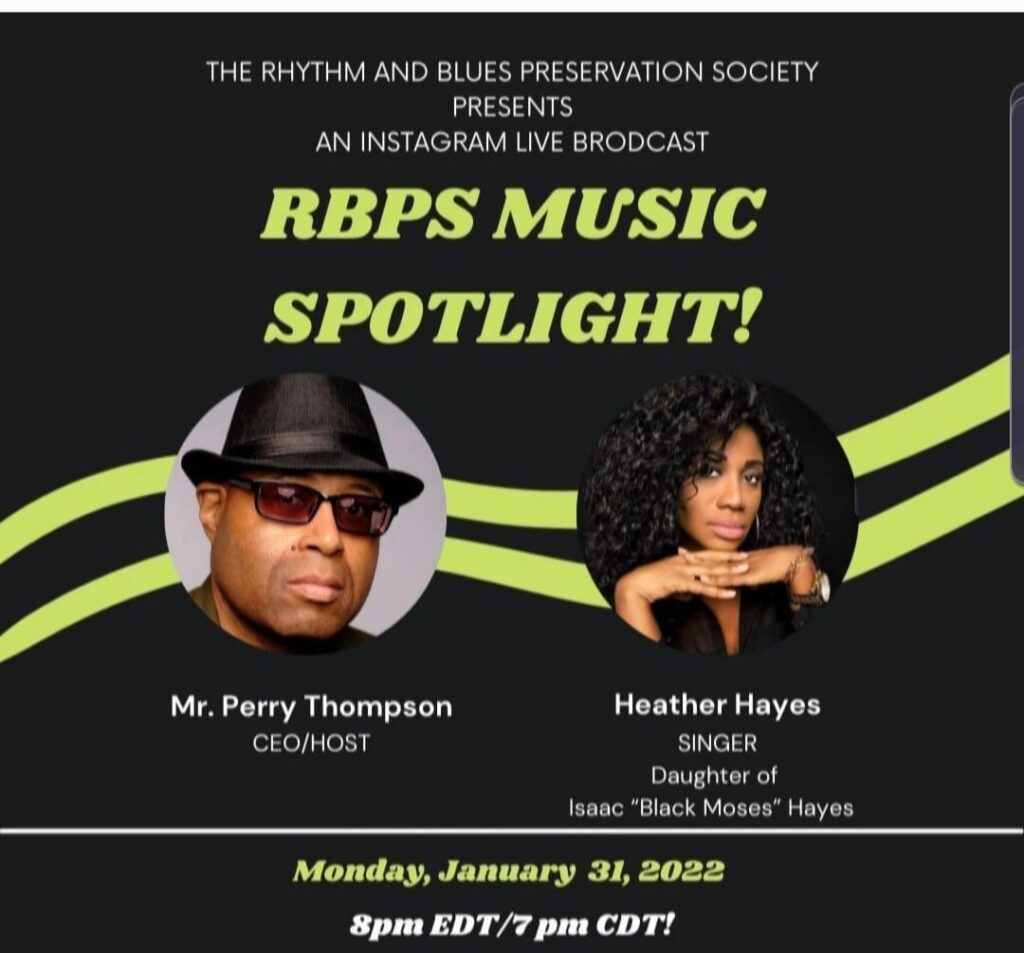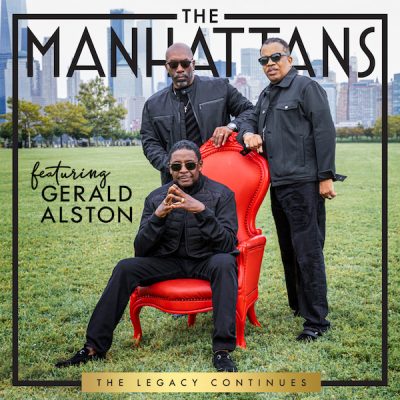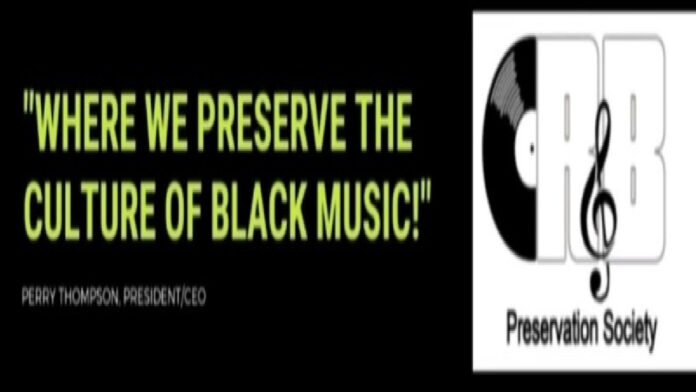( ENSPIRE Music ) The Rhythm and Blues Preservation Society Promotes the Legacy of Historically Black Music
ENSPIRE Contributor: Matthew Carbonell
Music plays a big part in the lives of people. Nowadays almost everyone listens to music and can listen from anywhere. In fact, some of the most popular genres of music are from the Black music culture. This includes things like Rap, Hip-Hop, Jazz, R&B, Soul and much more. But, even though these genres are popular, not many people know where they came from. This phenomenon leaves listeners with many questions about their music: What are its roots? What’s the message the song tries to deliver? Who are the people behind the noise?
Perry Thompson, Founder and Executive Director of the Rhythm and Blues Preservation Society in Atlantic City, NJ has an answer. Thompson wanted to create an organization to honor those who have and continue to make contributions to Black music culture. Most organizations preserving Black music culture are too genre-specific, separating artists in Jazz, Gospel, Soul, etc.. Instead, the Rhythm and Blues Preservation Society, or @RBPSOC on social media, wants to honor everyone in Black music culture.

With the mission of preserving historically Black music, the Rhythm and Blues Preservation Society provides educational programming on music historically rooted in the western African diaspora. This is because many artists that helped make Black music culture what it is today are not being celebrated. This becomes a harmful issue as many truths get forgotten. Forgetting where Black music comes from is one issue that the Rhythm and Blues Preservation Society works to rectify.
To do this, Thompson has taken to social media to acknowledge important figures on specific dates like birthdays. Doing so helps bring valuable information to light and puts faces to the music from historical eras to contemporary times. Alongside this, the Rhythm and Blues Preservation Society organizes and creates events that help push this agenda. These events include lectures within universities, panels, and interviews that acknowledge contributors to Black music culture.

As a non-profit organization, Thompson hopes to reach the ears of young people who are unaware of the historically African roots in some of the music they enjoy today. This is because Thompson feels that a lot of legends in Black music culture are not getting the proper attention that they should have. For example, artists like Anita Baker are going back on tour and strangely not many were aware. Likewise, The Manhattans released a new album in 2021 but had little presence in the media. Meanwhile, contemporary artists who gain much deserved recognition for their work would not have what they have without the past success and influence of these legends.
But, the Rhythm and Blues Preservation Society is not one of those “back in the good ol’ days” kind of organizations that only looks at the past. Thompson believes that the future of Black music culture should show a marriage between the younger musicians and the older ones. Something like a tour including one of the many legends in Black music history with a current artist would do wonders to preserve the culture.

This type of bridging between two eras of music is not a new concept. In 2013, Taylor Swift and the Rolling Stones shared a stage to perform “As tears Go By” live in Chicago. What if Beyoncé or Future toured with Dionne Warwick? That is the kind of balance within Black music culture that the Rhythm and Blues Preservation Society pushes towards. It would be a benefit for all by celebrating both the new and the legendary.
Related Articles: Inductees for BME Walk of Fame Black Music Month Induction







